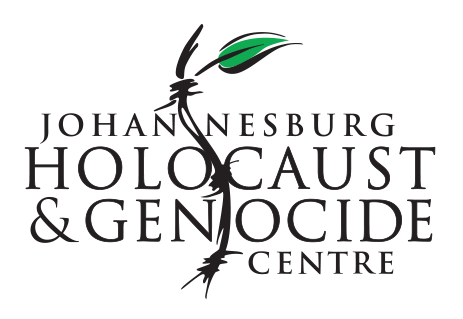Join us for a webinar on Survival Strategies of Children: The Case of Jewish Orphans in Transnistria, the fourth programme in our series the Romanian Jewry during the Holocaust: Filling in the Gaps
This programme will focus on the experiences of Jewish children during the Holocaust. The study of children is a history in microcosm: it is the story of the Holocaust as seen through the eyes, and fates, of its youngest victims. Eyal Fabian, COO of The Association of Romanian Jewry in Israel will give the opening remarks and share with us the activities of the organization.
Dr. Patricia Heberer Rice will explore the world of the child: examining the ways in which youngsters managed the menacing world around them and illustrating their experiences through their own voices. By examining how children coped with the events of the Holocaust, not through adult eyes, but through their own, we learn how young people were able to transcend the physical and emotional traumas they experienced and cling to their hopes for survival.
Dr. Ionela Ana Dăsculțu will explore the complexity of the experiences of Jewish orphans who survived the dreadful conditions in Transnistria. The talk provides an overview of the factors that influenced the survival of these young people. The presentation will then focus on the daily lives of Jewish orphans in the Bershad ghetto, located in the Balta district. The Bershad ghetto, which consisted of dilapidated houses and ruins, lost about 60-75% of its inhabitants in the winter of 1941-1942. Some of the orphans living in this ghetto were sheltered in an orphanage, while others roamed the streets. As we shall see, both groups of orphans employed a variety of survival strategies and coping mechanisms while defying death in Transnistria.
Our final speaker, Greta Barak, will talk about Hersh Segal collection that was donated to the Ghetto Fighters’ House. While working as a mathematics schoolteacher, Segal encouraged child Holocaust survivors he was teaching to write about their war-time experiences in Transnistria. Some of these testimonies were collected in 1946 at the Jewish orphanage in Bacau, and the rest in 1947, at the Jewish school in Gura Humorului, Romania, with the help of Rachel Hasenfratz.
The series is in participation with A.M.I.R. Organization, Romanian Cultural Institute in Tel Aviv, the Wilhelm Filderman Centre for the Study of Jewish History in Romania, the Elie Wiesel National Institute for Studying the Holocaust in Romania, Classrooms Without Borders, Johannesburg Holocaust & Genocide Centre, and the Rabin Chair Forum at George Washington University.

